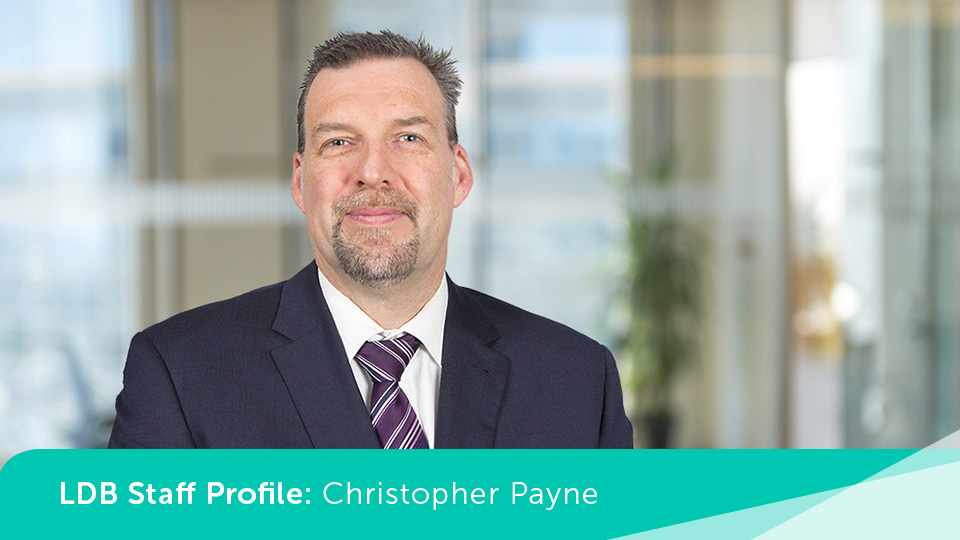April 7, 2022
Planning for aged care

When it comes to planning your finances for aged care, there are several things to consider from assessing eligibility to selecting the right facility and reviewing ongoing costs.
Leaving your family home due to needing more support outside your home and moving to an aged care residence could be a difficult time of change and be emotionally traumatic for you and your loved ones.
Here are a few things to explore when considering aged care for you or your loved ones.
Step 1: Assess eligibility
Generally, a nurse, social worker or health professional will assess you or your loved one for eligibility as part of the Aged Care Assessment Team (ACAT).
The eligibility provides government subsidies to make care more affordable and offer the level of help you or your loved one may need.
Step 2: Select the aged care facility
Similar to purchasing a home, it is important that you and your loved one conduct your own research and visit the aged care homes to understand whether it is the right place for you or your loved one.
It is important you make a list of things that are important to you and your loved one, which will provide a guide when you visit the aged care facility.
Speak to the staff, and possibly the residents, to determine whether the facility will meet your needs and wants.
The list may include:
- One of the biggest fears in moving to age care is not only moving away from the familiarity of your family home but the ability to connect with family and friends. It is important to understand how your family and friends could be involved and continue to provide care and support.
- Certain facilities provide the residents with their own room while the others may provide a shared room. Take the time to understand what the room looks like and what sort of facilities are available such as furnishings, bedding, heating, cooling, television, radio and preferably internet.
- Find out what services are provided such as meals, laundry, social activities, assistance with hygiene and medication. Additionally, ask about other inclusions like health and clinical care such as therapy, dentistry, and other services (e.g. hairdressing, podiatry).
- Some facilities have waiting lists and it’s good to understand the wait time frames, in the event you wish to transition quicker.
- Each facility may have a different cost for the room you wish to obtain within a prescribed limit. What are the costs and what do you receive for it? Each facility may have a different application process.
Step 3: Ask: What’s the cost?
How much you are required to pay for aged care depends on the room and the assessment of the income and assets. Generally, residents pay the following:
Initial fee
- A refundable accommodation deposit (RAD), which is considered bond money, is provided to the aged care facility and returned fully at the end of the stay. However, any funds that are drawn down from this lump sum to pay for other costs will not be returned.
- For residents who don’t have the full bond or only have part of the bond, they are able to elect a daily accommodation fee which is calculated based on the RAD that was not paid. Generally, maximum permissible interest rate (MPIR) is set by the government and is fixed at the date you agree to a room price.
Ongoing monthly fees
Ongoing monthly fees usually consists of a basic fee, a means-tested care fee, and potentially an extra services fee. Here’s what that might look like:
- A basic daily fee is a maximum amount you must pay for the room. This fee covers meals, power, and laundry.
- A means-tested care fee is an additional fee that is charged towards the cost of aged care. This fee is based on your income and assets. This fee will be advised by the aged care facility in conjunction with the Department of Human Services. The means-tested care fee will be between $0 and $259.26 per day as of March 20, 2022. The maximum means-tested care fee changes with indexation and is regularly updated on the Department of Human Services website, along with other fees. The maximum a resident could pay as a means-tested fee is limited to either $29,399 per year or $70,559 in a lifetime.
- Fees for extra services may apply if the resident chooses a higher standard of accommodation or additional services (e.g. regular haircuts, pay TV, or branded toiletries). Some aged care facilities allow the residents to pick and choose while others may not. It’s important to discuss this at the time of assessing the facility as these extras are not subsidised by the government.
Other things to consider
It is important you consider the below before finalising the aged care home application:
- Whether you wish to pay RAD or DAP or some RAD
- How your assets are assessed by aged care and Centrelink, and the implications
- Whether to sell the home or keep it
- Tax implication when selling assets
- Impact on your spouse
- Your payment options
- How to reduce the cost of aged care
- Means-test application
- Estate planning needs.
Step 4: You or your loved one moves into aged care
At this point, you will be required to pay the ongoing aged care fees and notify Centrelink or the Department of Veteran Affairs about the changes to the resident’s circumstances.
How a financial adviser can help you plan for aged care
Transitioning to aged care requires planning and ongoing review, and some people may like to seek professional advice.
If you need to develop a financial plan to fund the aged care initial payment and create a strategy to maximise the ongoing payments, a financial adviser can help.
Financial advisers can also explain how Centrelink and the aged care system works, how you and your loved one are assessed in the different systems, and the impact to your ongoing cash flow.
They can also outline the tax implications when selling assets and whether to sell, keep or rent the home.
If you’d like to find out more about preparing your finances for aged care, please contact LDB Group’s trusted team of financial advisers by calling (03) 9875 2900 or send us details via the contact form below.





